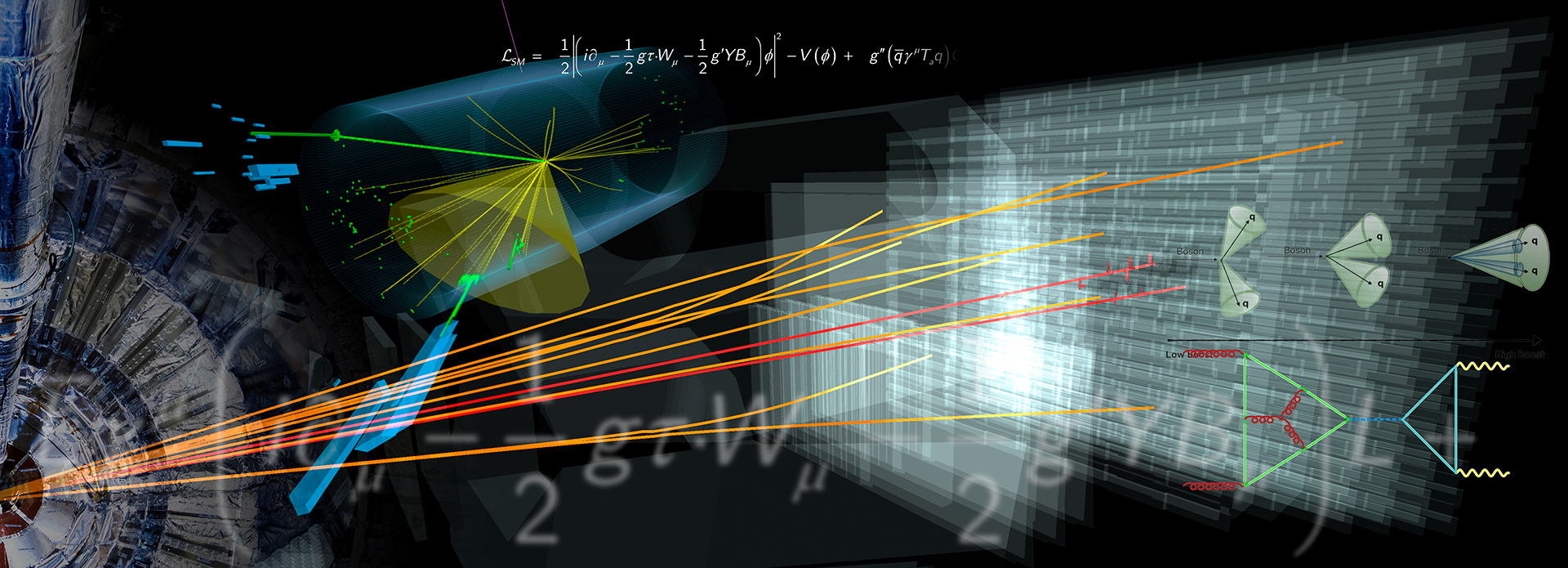B1d : Theoretical advances in parton showers
| Principal Investigators | |
|---|---|
| Prof. Michal Czakon | RWTH Aachen University |
| Dr. habil. Stefan Gieseke | Karlsruhe Institute of Technology |
Subject
With the quest for higher precision predictions for LHC physics, there comes an increasing demand for precise simulations of final states at the particle level by means of Monte Carlo event generators. The description of radiation due to strong interactions by means of a parton shower is a crucial part of these. Recent advances in parton showers are due to consistent matching to fixed-order perturbation theory and merging of different jet-multiplicity samp- les. Future applications require, however, an increase in the logarithmic accuracy. In this project we will develop a next-generation parton shower which is accurate to the next-to- leading-log and includes true quantum interference effects. Furthermore, we will incorporate the next-to-leading order splitting functions and double soft-emissions, i.e. the essential phy- sical effects present at the next-to-next-to-leading order level of perturbation theory. We will take inspiration from the recent advances in fixed order subtraction schemes, which should allow for a natural matching between fixed order and resummation.
Topics
- Interference effects and evolution variables:
- quantum density matrix evolution for virtual effects;
- study of evolution variables with proofs of logarithmic accuracy.
- Higher order splitting and soft functions:
- Inclusion of triple-collinea remissions for collinear radiation with careful phase space parameterisation.
- Double-soft effects due to gluon and quark pairs with removal of double- counting of collinear singularities.
- Consistent framework to combine both type of effects including possible modification of parton distribution functions.
- Validation:
- Comparisons to analytic resummation for selected je tobservables in processes involving both colourless and coloured final states, e.g. top quarks.;
- Comparisons to measurement data,e.g.jet-gap fractions as measured by ATLAS and CMS at the Large Hadron Collider.
- Matching to fixed order:
- MC@NLO type of matching between NNLO fixed order event samples and the improved parton shower based on consistent use of subtraction schemes.
